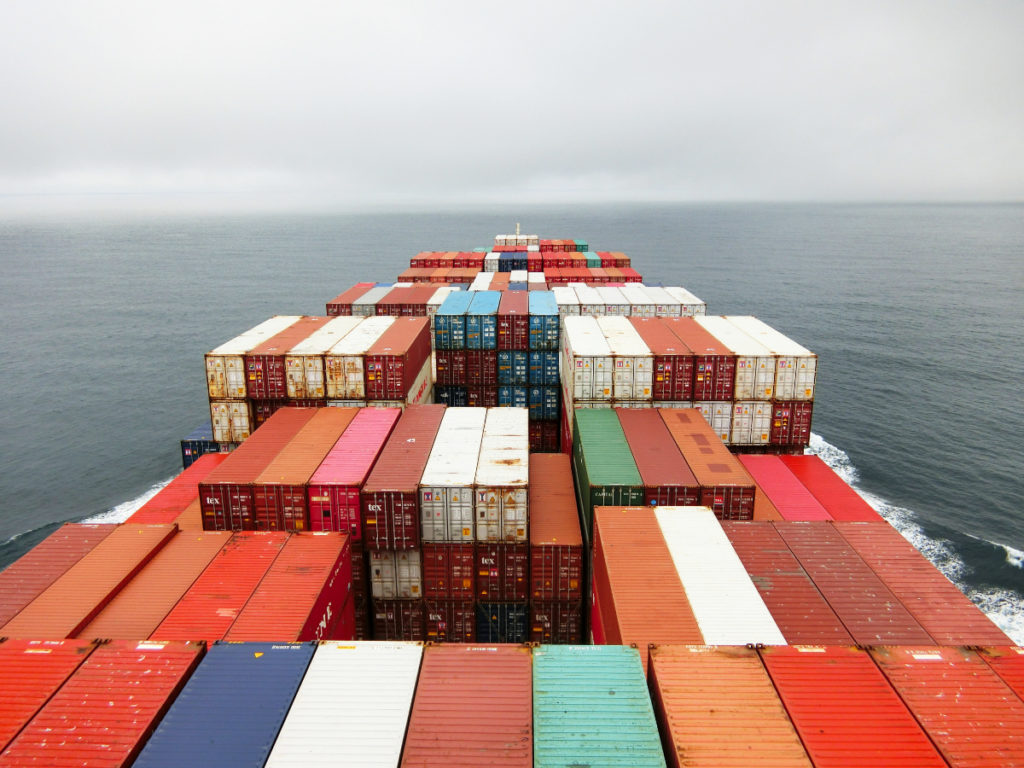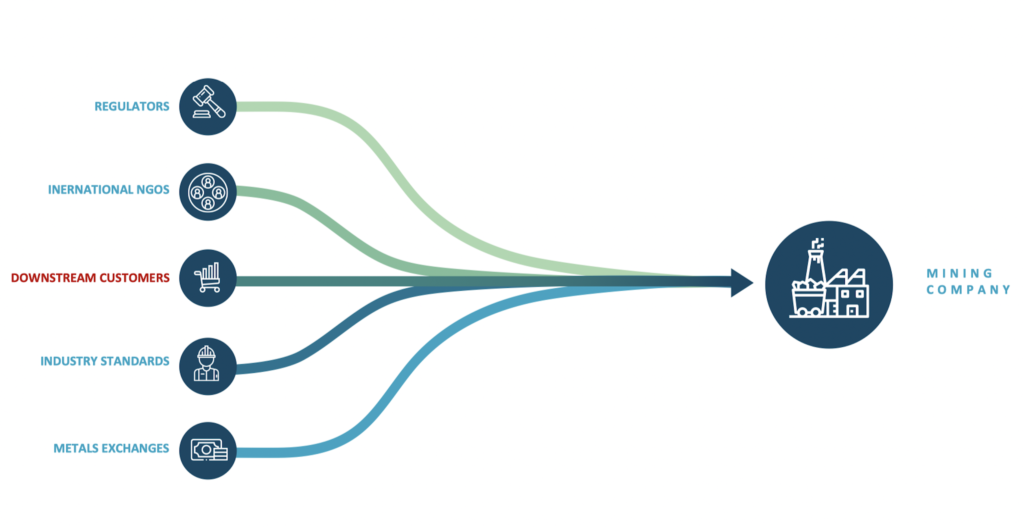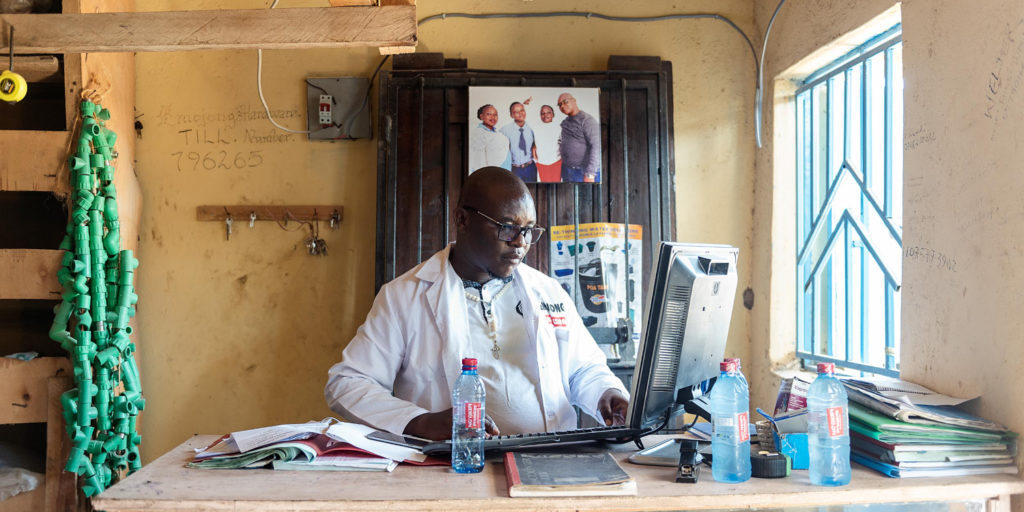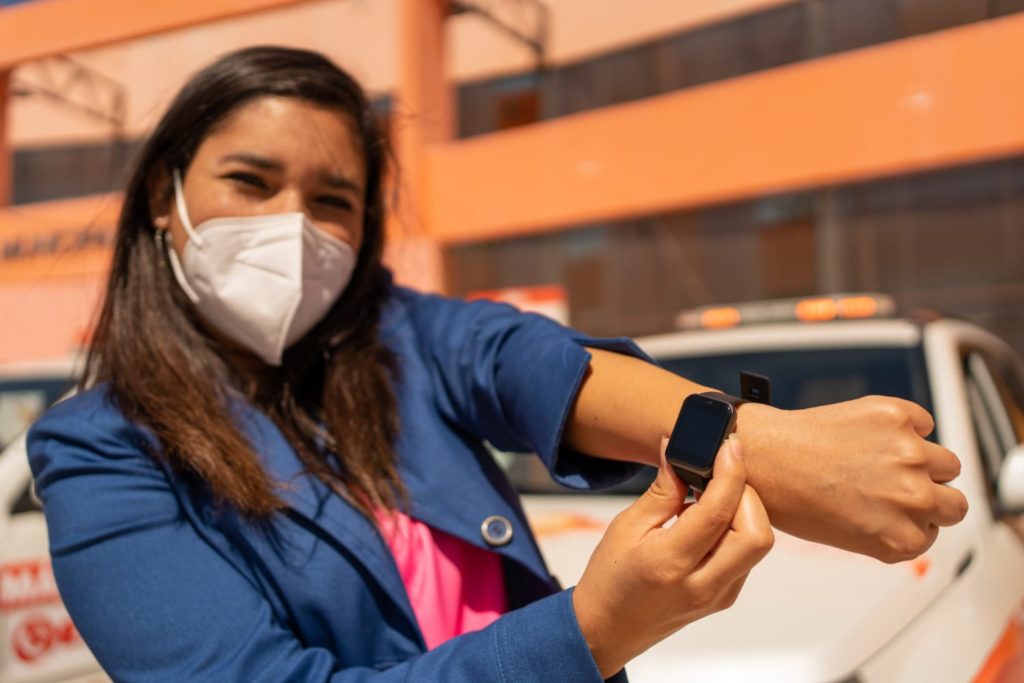Here at the Lundin Foundation, we are working closely with the Lundin Group of Companies to explore how their ESG strategies can align with responsible sourcing frameworks, through our ESG Working Group.
Since 2020, the Foundation has hosted regular ESG Working Group sessions that delve into ESG trends and their rapid evolution — while exploring actionable approaches to addressing emerging risks and opportunities which include responsible sourcing.
Tesla, Apple, Walmart and other global brands continue to redouble efforts to ensure their upstream supply chain – including mining and energy companies — have robust ESG strategies in place. Not so long ago, this would have been considered altruistic; now it’s a table stake to meet market expectations. This trend towards responsible sourcing has been on the rise for the past few years and is reshaping how extractive companies approach ESG management — and not just at corporate, but at the site level of each operation.
Brands are seeking assurances that the extractive companies they partner with have effective management systems in place to mitigate social and environmental risks and promote local benefits in host jurisdictions. This shift towards responsible sourcing is creating greater demand for transparency, traceability and third-party reviews in metal and energy supply chains.

Responsible sourcing is a voluntary commitment by companies to take into account social and environmental considerations when managing their relationships with suppliers and supply chains.
The Apples and Tesla’s of this world – and their conscious retail customers – want resource companies to demonstrate that they are taking measurable and actionable steps towards mitigating climate change, respecting human rights, adhering to safe and lawful labor practices, among other emerging ESG topics of interest. Companies that have already implemented ESG strategies are further refining and improving them in order to ensure downstream customers have visibility on site-level ESG performance. The result is leading to disruption in the commercial end of the extractive business. For example, automakers like BMW are entering into direct offtake agreements with mining companies to secure ‘responsible’ sources of metals such as nickel and cobalt, which are essential for producing electric vehicles.

Governments around the world are also responding in kind by pushing the responsible sourcing agenda through legislation and regulation. There are several multi-stakeholder, customer and industry-led initiatives underway to help mining and energy companies credibly demonstrate they are meeting the evolving requirements, such as the Copper Mark for copper producers, the Responsible Business Alliance’s Risk-Readiness Assessment, the Mining Association of Canada’s Responsible Sourcing Alignment Supplement or Equitable Origin’s EO100 Standards for responsible energy development, among other such frameworks.



